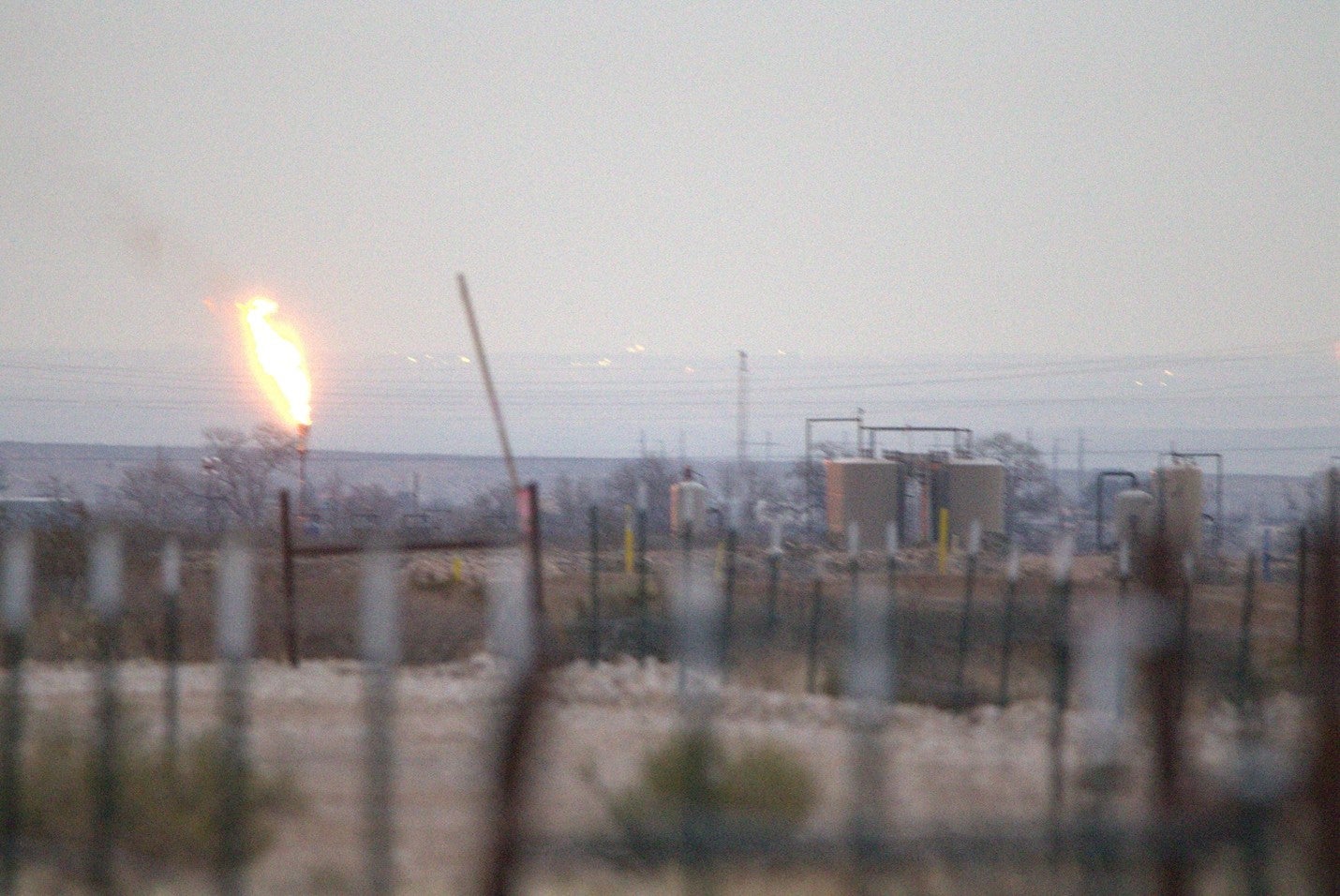States Stand Up To ALEC’s Assault On Renewable Energy: Clean Energy – 26 ALEC – O
 Back in March, I wrote about the American Legislative Exchange Council’s (ALEC’s) state-by-state attack on renewable energy. The attacks contribute to ALEC’s growing reputation as a “shadowy right-wing front group,” funded by the likes of Koch Industries, ExxonMobil and Peabody Energy, the largest private-sector coal company in the world. ALEC’s legislative efforts were aided by the Heartland Institute, a “free-market think tank” and notorious climate change denier.
Back in March, I wrote about the American Legislative Exchange Council’s (ALEC’s) state-by-state attack on renewable energy. The attacks contribute to ALEC’s growing reputation as a “shadowy right-wing front group,” funded by the likes of Koch Industries, ExxonMobil and Peabody Energy, the largest private-sector coal company in the world. ALEC’s legislative efforts were aided by the Heartland Institute, a “free-market think tank” and notorious climate change denier.
ALEC has a clear motive: to serve the interests of dirty fossil fuel power plants and block progress towards greater use of clean, homegrown energy.
I’m happy to announce that ALEC and the Heartland Institute’s efforts to roll-back individual state’s renewable energy goals decisively failed in legislatures spanning from West Virginia to Kansas. In total, 26 bills designed to remove renewable energy standards (RPS) for eight states were denied, according to a report from Colorado State University’s Center for the New Energy Economy.
Now, Kansas, Missouri, Ohio, North Carolina, Texas, West Virginia and Wisconsin will continue on the path towards a clean energy future. Even better, some states increased their energy guidelines, namely Colorado, Connecticut, Maryland and Minnesota.
This news comes as a resounding victory for the climate, consumers, and Americans who care to see the U.S. progress into the global $ 2 billion clean energy economy.
Renewable energy is not only a vital component of the national plan to address climate change, but also a bargain for consumers. For example, Texas’ RPS, established in 1999, led the state to become an international powerhouse for wind energy. Texas has already reached its RPS goal, set for 2015, and now boasts more than 1,300 companies employing more than 100,000 workers in industries directly and indirectly related to renewable energy. On top of that, renewable energy is driving down the energy costs for consumers. A Public Utility Commission report to the 81st Legislature states that “prices are lower [ERCOT]-wide when there are large amounts of wind energy being produced.”
Texas’ experience with wind energy is no outlier. Colorado proclaims that the state’s RPS will save customers as much as $100 million over the next 25 years. Just last week, Xcel Energy, the state’s largest utility, moved to purchase another 700 megawatts of wind energy, saving its customers over $590 million in fuel costs over 20 years. Colorado will reap the benefits from a reduced reliance on foreign oil imports, stable prices and less harmful air pollution.
In a way, ALEC and the Heartland Institute’s failure to roadblock progress in these states is no surprise. Carbon-free sources, like renewable energy and energy efficiency, are the key to addressing climate change and lowering energy costs.
The American people understand these fundamental benefits—despite the propaganda ALEC and the Heartland Institute like to promote. A resounding 92 percent of voters, including 84 percent of Republicans, support an increase in renewable energy.
While this is a huge victory, we can’t rest our laurels just yet. ALEC will be back for their attack on the clean energy, low carbon economy. We must be just as vigilant if we are going to keep up the momentum to accelerate the transition into clean energy nation.












One Comment
If renewable energy mandates lower energy costs and are a boon for consumers as you claim, why the need for a mandate in the first place?
Good ideas don’t need the use of force.